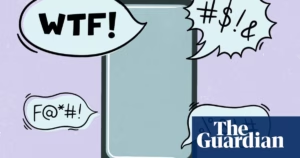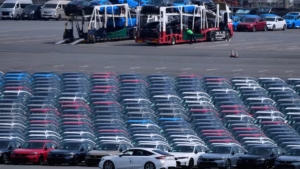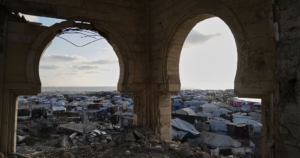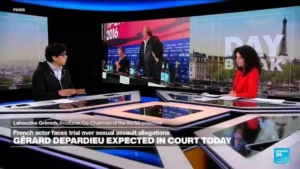On his first day in office, Lebanon’s new finance minister, Yassine Jaber, read a report on the dire state of the ministry’s operations, nearly all marked in alarming red. The computers were decades old, some still ran on Windows 98. The ministry relied heavily on paper records, allowing dysfunction and corruption to fester. Jaber acknowledged that “things cannot continue as they are,” but recognized that Lebanon needs money to fix its operations, while also needing to improve its operations to attract money. The country has failed to enact overhauls required to unlock billions in international financial assistance needed to address its economic crisis. This support is even more critical following the devastating 14-month war between Israel and Hezbollah, the Iran-backed militia, which has left large parts of Lebanon in ruins. Lebanon’s new government can afford “frankly none” of the bill for reconstruction. Foreign donors hold the key to recovery, but Lebanon must undertake economic and structural changes and confront Hezbollah’s arms. The total damage and economic loss from the war is estimated to be $14 billion, and Lebanon needs $11 billion to rebuild, making it the country’s most destructive conflict since its long civil war ended in 1990. The devastation has compounded the country’s economic woes, which began in 2019 when its financial system collapsed under the burden of state debt. Lebanon reached a draft funding deal with the International Monetary Fund in 2022, but the government failed to deliver. Hezbollah, so powerful before the war, cannot finance reconstruction because of its own crises. Some experts question how quickly the government can make systemic changes. International assistance also depends on Hezbollah disarming, a task that could risk violence. The Lebanese government has promised to bring all weapons under the state’s control, but it remains unclear how or when this will be achieved. Hezbollah remains a potent military force, and some Lebanese officials have ruled out forcibly disarming it. Diplomatic efforts are ongoing to reassure foreign donors, with talks aiming to restart negotiations over the I.M.F. rescue package. An immediate priority for the new government is appointing a central bank governor and conducting an external audit of all public institutions to crack down on corruption. Jaber acknowledged the uncertainty ahead but remains hopeful, emphasizing the importance of the government’s will in addressing Lebanon’s recovery. Dayana Iwaza contributed to the reporting.
Source: https://www.nytimes.com/2025/03/24/world/europe/lebanon-hezbollah-israel-government-economy.html






